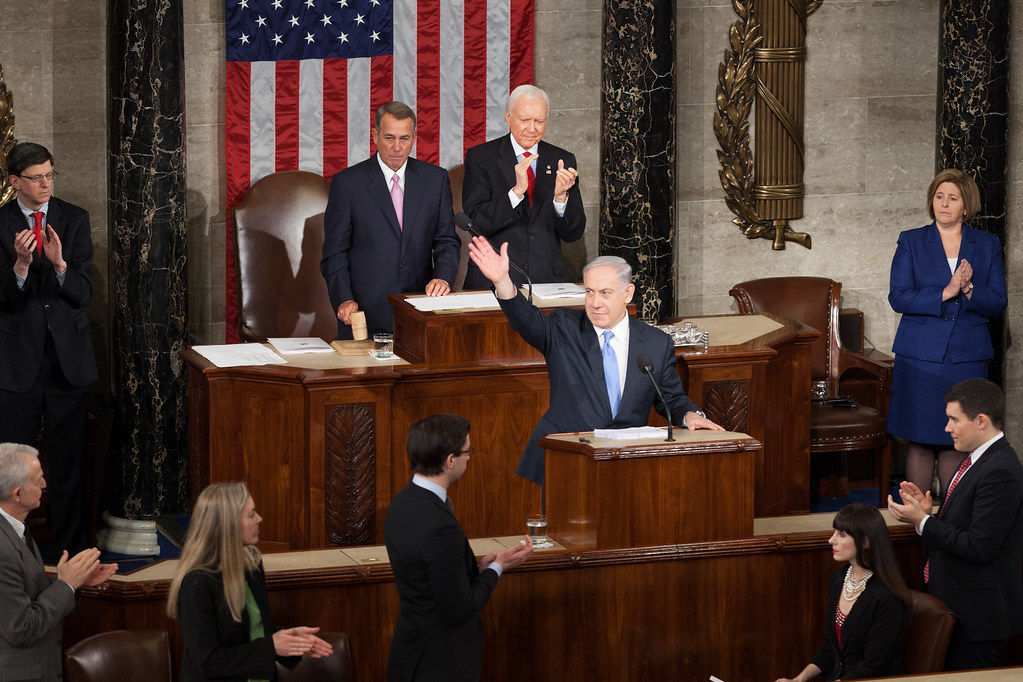During the complicated time of election season, it can be difficult not to get caught between polarized and complex political opinions and differences within our relationships. This situation lends itself to a new set of challenges within a school setting, leaving it to the administration to determine how to deal with the varying opinions of our community. Poly’s hard line of values, as stated in their motto and posted around campus, are “Diversity. Excellence. Brooklyn.” If you so wholeheartedly disagree with these principles, perhaps this school is not the best place for you. Poly’s values of diversity and inclusion encompass diversity of thought, which means Poly should not have the right to stand against the political opinions of their students unless in cases where individual politics are being advertised in situations that do warrant it. Thus, they should continue to stand by their students regardless of political opinions no matter where the administration may stand separately. In doing so, it is our belief that the school will be able to live up to the motto that they claim embodies our community values.
Prioritizing student life for everyone at Poly is nuanced but important nevertheless. What this means (aside from needing couches in the Student Center) is that Poly has a responsibility to create an environment free of explicit bias towards students, allowing them to form their own opinions and understanding of the real world and current events. The Poly website says, “Our whole-child educational philosophy derives from our commitment to diversity—of individuals, viewpoints, experiences—and the intellectual and moral excellence that it generates.” These students’ differing viewpoints are formed everyday in classes such as Disinformation and Democracy as well as several offered history electives, which often center around current events or the political happenings around the world.
These are examples of the courses we hope to continue seeing: Classes designed to foster healthy conversation as well as understanding and debate, not the repetition of charged, overly politicized diction. With this type of curriculum, in order to continue inviting in new perspectives from students, they must instill a sense of neutrality from educators. For the most part, this has been successful; however, to continue promoting these classes, especially during such a controversial time, this will be imperative to reinforce. This maintains a level of trust within the student-teacher relationship; no student will ever feel comfortable to express an opinion if they believe a grade or public perception of them will be skewed towards one side. With Poly’s values in mind, the goal would be that students feel comfortable coming to new conclusions, and the administration can support them in an unbiased way. This system helps maintain the balance of speaking about public concerns and keeping Poly from becoming a biased and overly political community. The hope is for students to be able to learn without the judgment and opinion of teachers getting in the way of their exploration of such events.
Regarding this year’s election specifically, the Poly administration is challenged with maintaining a neutral front that aligns with the many perspectives of the student body given the extremist rhetoric that is currently overtaking the media. This places Poly in an uncomfortable position in which there is no truly “safe” way to address the matter; however, complete silence is not the answer. Poly must continue prioritizing and reestablishing their commitment to diversity, inclusion, and tolerance whilst also keeping the protection of the students at the forefront. This means not taking direct political stances, but continuing to reinforce their own stated values so they are clear to all members of the community. They must also remain committed to the idea of educating on the policies and elections themselves, and not the parties, similar to what we have seen in Mr. Winston’s election questionnaire. Maintaining an unbiased environment for their students is their responsibility as an institution, especially while we enter a conflicting time for our country during the 2024 U.S. Presidential Election.

























